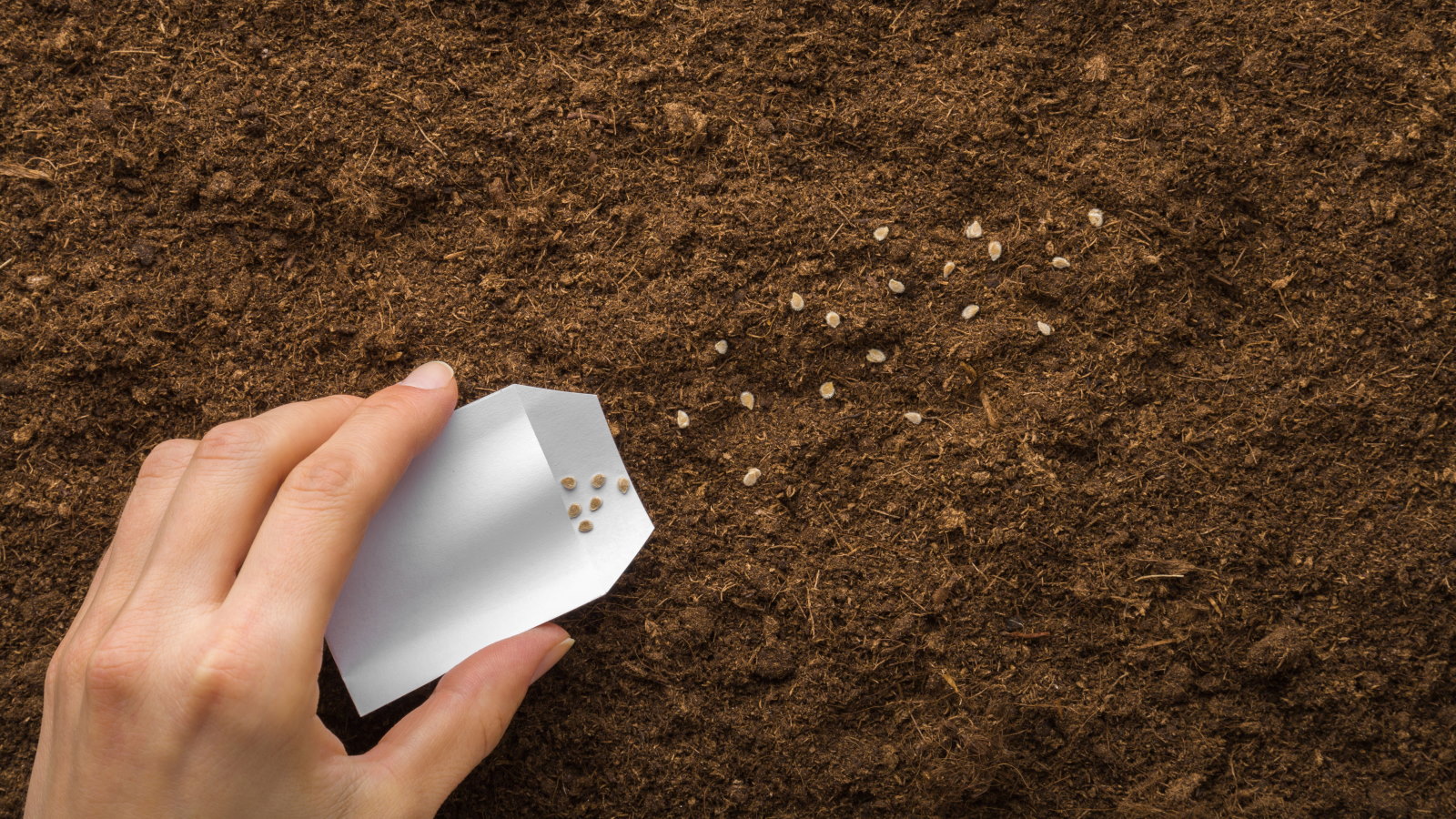
(AA): For seven consecutive years, the Mediterranean diet has been ranked the healthiest by US News & World Report, and in 2010, it was recognized by UNESCO as part of the Intangible Cultural Heritage of Humanity.Yet, the Mediterranean region’s vulnerability to climate change is placing immense pressure on the very foods that define this diet.According to the UN Environment Programme (UNEP), the Mediterranean region is warming 20% faster than the global average.
Water demand is expected to double by 2050, while average temperatures could rise by 1.8 to 3.5 C by 2100.

A two-degree increase alone may lead to a 10-15% decline in rainfall, affecting every level of the Mediterranean diet pyramid.Beyond agricultural concerns, climate shifts are also changing how people live and interact with their environment.A Massachusetts Institute of Technology (MIT) study found that outdoor activity days in Mediterranean countries are decreasing.
It indicates that by 2100, Portugal could lose up to 33 days of outdoor-friendly weather in a worst-case scenario, while Greece could see a 30-day reduction. Spain, Morocco, Croatia, and Italy all face similar declines, impacting physical activity, outdoor socializing, and traditional lifestyles.The climate crisis and food productionResearch from Padova University warns that climate change will drive up irrigation demands by 4-18% across the Mediterranean basin.
Water scarcity could increase by up to 48%, and if warming reaches 3 C, droughts may double in some areas, affecting crop yields and food availability.The consequences are already evident. Extreme weather in 2022 severely disrupted olive oil production, with unseasonably warm spring temperatures damaging flowering, pollination, and fruit development.
Harsh sunlight and the Sirocco wind from the Sahara scorched blossoms, leading to a significant drop in olive oil output. Europe saw an overall 39% decline, with Italy experiencing a 54% decrease, Spain 27%, France 38%, and Portugal 39%.Grain harvests have also suffered.
In 2022, corn production fell by 30% in France, 20% in Spain, and 23% in Italy. Hard wheat yields in Italy declined by 9%, while Spain’s soft wheat production dropped 28%.Fruit and vegetable growers faced similar losses in 2023.
Apple production shrank by 15% in Spain, 20% in Portugal, and 32% in Greece. Peach harvests in Spain and Portugal declined by 26%. Tomato yields fell by 9% in Spain and 20% in Greece, while Italy’s orange production dropped 19%.
The Mediterranean’s threatened marine lifeThe crisis is not limited to land. According to 2024 data from the European Parliament, over 30% of Mediterranean marine habitats face threats from pollution, invasive species, overfishing, and climate change. Twenty-one percent of species in the region are now classified as “vulnerable,” while 11% are considered “endangered.
”Seagrass habitats, critical for fish populations, are rapidly disappearing. Between 1950 and 2011, the Mediterranean lost 40% of its top predator species and 34% of its fish species. More than 30 endemic fish species could be extinct by the end of the century.
A diet built on community and activityProf. Dr. Yuksel Altuntas, Education Coordinator at the Endocrinology and Metabolism Clinic of Sisli Hamidiye Etfal Training and Research Hospital, explained to Anadolu that “physical activity and socializing are the foundation” of the Mediterranean diet.
He noted: “The sun in Mediterranean countries has positive effects, motivating exercise and movement.”He also emphasized: “Eating together as a group slows down the chewing process, which positively impacts digestion and helps with weight management.”Altuntas highlighted that the Mediterranean diet, rich in whole grains, vegetables, fruits, olive oil, fish, and legumes, helps prevent diseases like cancer, diabetes, and heart disease.
He said: “Olive oil is irreplaceable due to its polyphenols, which no other oil can match.” Regarding fish, he warned: “Fish is important for satiety, but due to microplastics and heavy metals in the Mediterranean, it can be harmful.”Food Anthropologist Alessandra Guigoni, from Italy’s Meditarranean island of Sardinia, explained to Anadolu that locals enjoy long walks and spending time together, but weather conditions are an important factor for these activities.
She noted that, due to climate change, summers have become too hot for outdoor activities, making May and September more suitable for such activities.Guigoni also mentioned that legumes are a key part of their diet, and highlighted that artichokes, tomatoes, citrus fruits, and pomegranates are among the most commonly consumed foods in the region.She said that while agriculture remains important in Italy, the problem is that costs are rising, with vegetables and fruits sometimes costing more than meat.
Additionally, local produce requires a 40-minute drive, deterring purchases, and rising olive oil prices due to low production have led people to switch to other oils.Paolo Tarolli of the University of Padova stated to Anadolu that global warming has increased water stress in the Mediterranean, impacting agriculture due to higher temperatures and seasonal changes.Crops that require irrigation, especially olives, have been hit hardest, with olive cultivation becoming harder in Spain, Italy, Greece, and possibly Türkiye, he highlighted.
Tarolli also said heatwaves are impacting irrigation-dependent crop production, leading to higher prices. He cautioned that rising costs could force people to allocate more of their budgets to healthy food.Stressing the importance of global cooperation, he underlined the importance of cooperation in finding a solution, connecting science, policymaking, and stakeholders.
.















